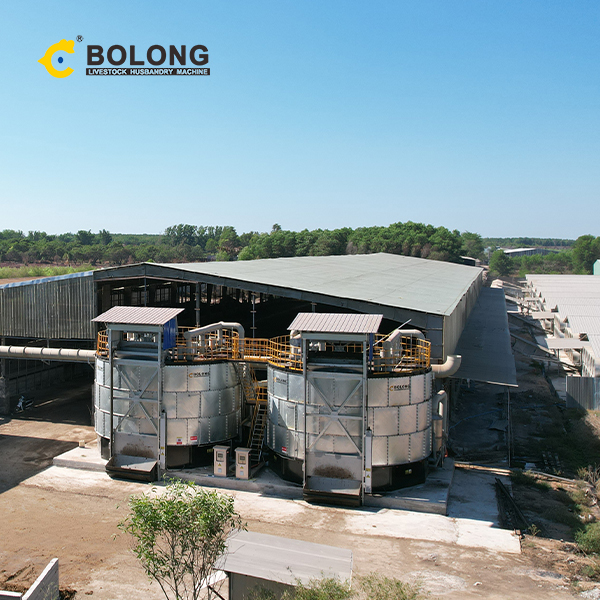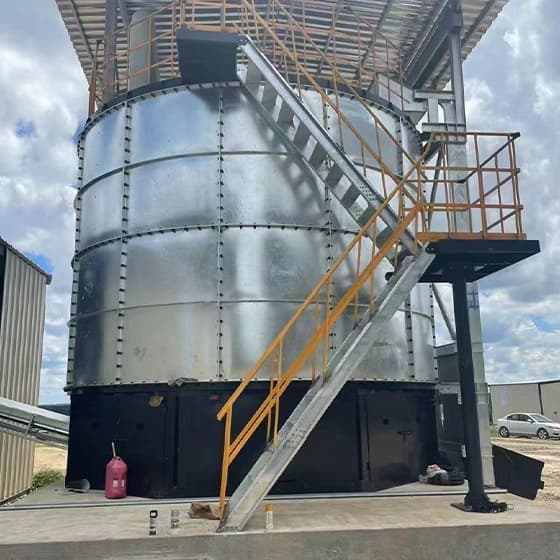Introduction: Technological advancements have revolutionized fermentation tank design and operation. This article explores the latest innovations in fermentation tanks and their impact on manure management efficiency.

Automated Controls: Modern fermentation tanks feature automated control systems that monitor and adjust temperature, moisture, and aeration. These systems optimize composting conditions, improving efficiency and consistency.
Renewable Energy Integration: Innovations in renewable energy integration, such as solar panels and biogas recovery systems, reduce the energy footprint of fermentation tanks. These technologies enhance sustainability and cost savings.
Advanced Materials: The use of advanced materials, such as corrosion-resistant alloys and high-density polymers, extends the lifespan of fermentation tanks. These materials improve durability and reduce maintenance requirements.
Case Study: A pig farm upgraded to the latest fermentation tank model, incorporating automated controls and solar panels. The farm achieved a 25% increase in composting efficiency and significant energy savings.

Conclusion: Technological innovations in fermentation tanks, including automated controls, renewable energy integration, and advanced materials, enhance manure management efficiency and sustainability. These advancements support modern farming practices.